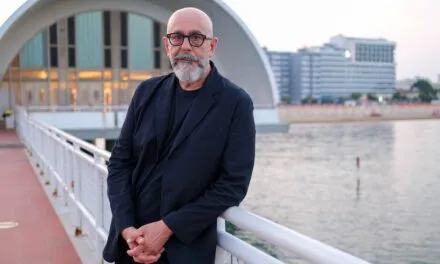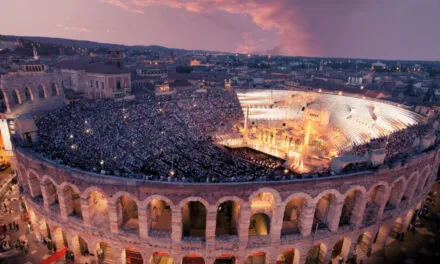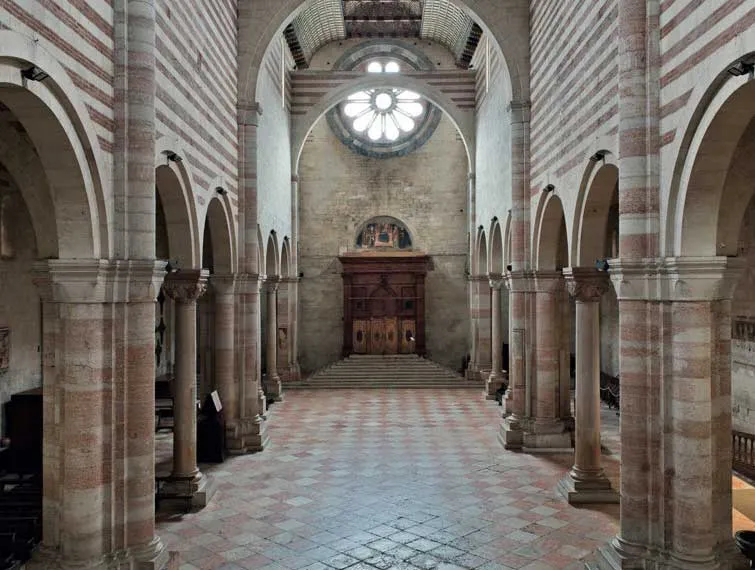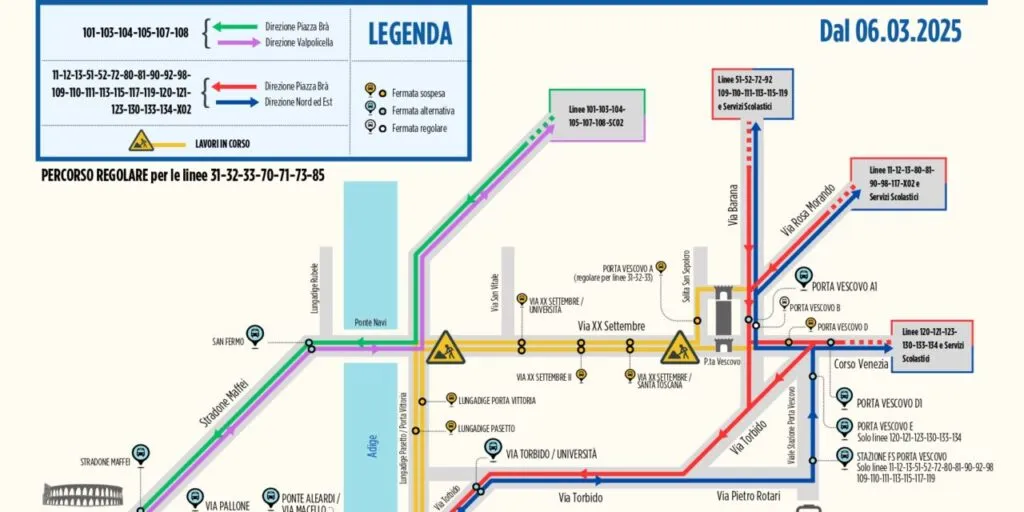The fourth edition of the Verona Journalism Festival, organized by the cultural association Heraldo and the Municipality of Verona, is set to commence on February 27 at 9 PM at Fucina Culturale Machiavelli (an artistic place of the city to discover). This venue will serve as the main location for this year’s edition, with additional sessions held at the University near Santa Marta, the Civic Library, and Habitat 83 in the neighborhood of Santa Lucia.
A festival designed for the city and by the city, featuring 60 speakers, involving 5 municipalities in the province, and attracting numerous names from journalism and experts across various fields who will engage in discussions on today’s pressing issues. The theme for the fourth edition is “inSostenibile – When News Challenges Events,” aiming to shed light on the challenges of delivering information in the current landscape, where numerous information sources, regardless of source verification, sometimes offer interpretations of events that diverge from reality.
The festival will cover a range of topics, including feminism, politics, satire, environment, artificial intelligence, sports, immigration, prisons, and crime. Two sessions will specifically focus on the environment. The first, titled “The Future in Our Hands,” will take place on March 1 at 10:30 AM at the University with speakers Cristina Silvieri and Annalisa Corrado. The second, titled “The Future of the Planet: From Fossil Fuels to a New Way of Creating Energy, Avoiding Shortcuts,” will be held at Fucina Machiavelli on Sunday, March 3, at 10 AM, featuring Filippo Taglieri.
The festival will be enriched by the participation of around sixty guests, including Remo Anzovino, co-founder of Il Fatto Quotidiano, Peter Gomez, the director of the same newspaper, engineer and environmentalist Annalisa Corrado, reporter Cosimo Caridi, Il Manifesto’s director Andrea Fabozzi, writer Christian Raimo, and director Alberto Puliafito.
Preceding the festival are two previews. On Thursday, February 22, there was an event titled “Le pietre raccontano la Valpolicella” (Stones Tell the Tale of Valpolicella) in Valgatara. On Saturday, February 24, at Habitat 83 on Via Mantovana, there will be a reflection on the prison condition with Don Carlo Vinco, the guarantor of detainees, and Federico Fiocco, a psychologist from the Penitentiary Order. This will be followed by a discussion between the Municipality of Verona’s Security Assessor Stefania Zivelonghi and the president of the Criminal Chamber, Paolo Mastropasqua.
From March 20 to May 6, the Extra Festival will take place in the municipalities of Legnago, Povegliano, Bardolino, and Valgatara.
“Providing accurate information is increasingly important, even vital,” declares Marta Ugolini, the Municipality of Verona’s Cultural Assessor. “In an era characterized by polarization driven by algorithms and continuous communication manipulations on social media, traditional media journalists are also called to question their ability to be custodians of public debate.
This is without succumbing to media populism or entering into symbiosis with governments and politics. Therefore, the Verona Journalism Festival is a welcome initiative with a comprehensive program that encompasses the relationship between journalism and power, the role of communication in politics, and touches on a variety of themes, from war conflicts to feminism to artificial intelligence.”














